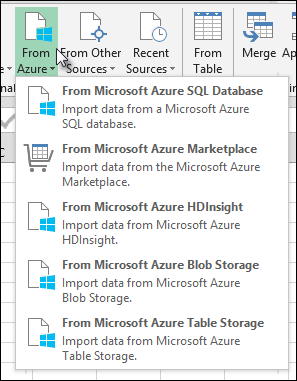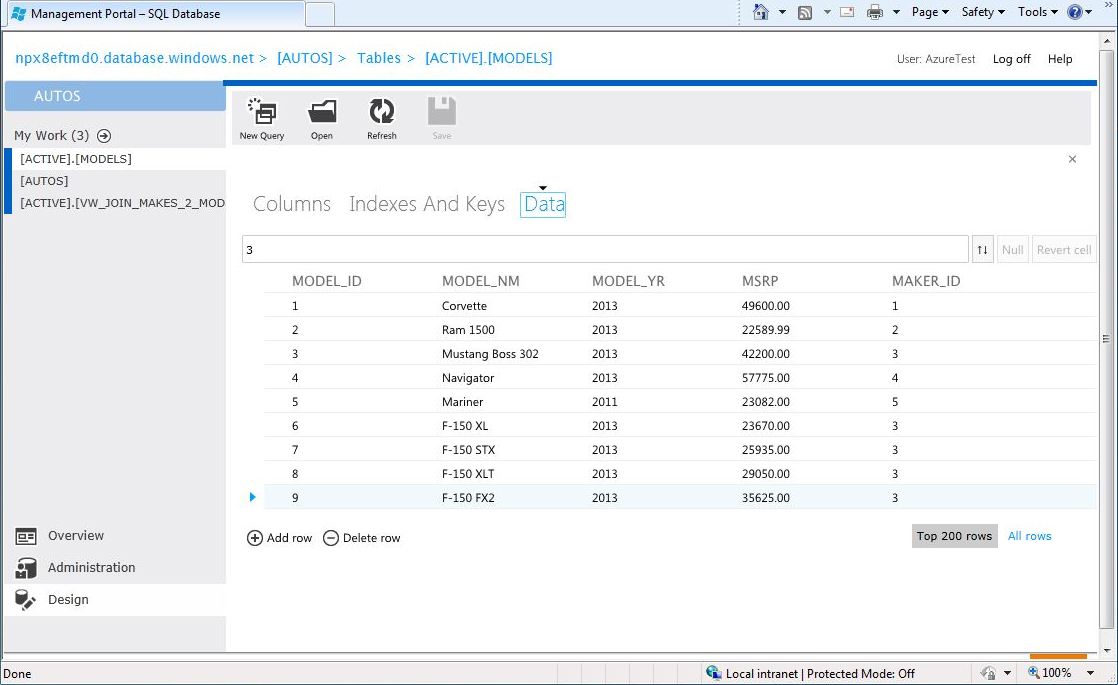

How to read from Azure Table Storage with a HTTP Trigger PowerShell Azure Function?.How to query Azure Table from an Azure Function using PowerShell.Check if table exists in azure storage powershell.How to add a property to Azure table storage row with Azure Powershell module.azure function powershell read from storage queue and write to storage table.Query Azure Storage Account metrics from Azure Powershell.Running a query against an Azure storage table returns 403 AuthenticationFailed, but returning all entries in a table returns 200 OK.How get azure storage table timestamp as string?.How to query entities from Azure Storage Table with AzureRM?.Azure Functions PowerShell - Accessing Timestamp value from Azure Storage Table.If you decide to base your partition key on hours, minutes or seconds instead of 100 ns ticks then you can shorten the length of the partition key accordingly. The reason 18 characters are used is because the Ticks value of a DateTime today as well as many thousands of years in the future uses 18 decimal digits.
#Azure tables query with timestamp code
I suggest that you move the code to generate the partition key (and row key) into a function to make sure that the keys are generated the same way throughout your code. The partition key is formatted as an 18 characters string allowing you to use a straightforward comparison. Var partitionKey = (-days).Ticks.ToString("D18") Here is how to perform the query: var days = 5 It will internally use DateTime.UtcNow, then convert it to the local time zone and ToUniversalTime() will convert back to UTC which is just wasteful (and more time consuming than you may think).Īnd your ConvertDateTimeToTicks() method serves no other purpose than to get the Ticks property so it is just making your code more complex without adding any value.

I suggest you do it like this: var partitionKey = ("D18") ĭon't use () to get the current UTC time. First let me comment on how you generate the partition key. That problem aside let me show you how to do the query. With time based data you can use the partition key to specify an interval like every hour, minute or even second and then a row key with the actual timestamp. So specifying the partitionkey for large tables with lots of partitions is ideal.Īre you sure you want to use ticks as a partition key? This means that every measureable 100 ns instant becomes it's own partition. Since there is only one partition, the PartitionKey not being part of the query won't slow it down (or at least should not).Īlso remember, Azure Table Storage internally can put partitions on different drives for optimizations for heavy usage. If your query: RowKey = '123456789' then Azure Table storage can use the index on the rowkey to lookup the value pretty quick. If your query was just: RowKey = '123456789', Azure Table storage has to scan all the partitions (50 states) to find the matching RowKey.Īnother strategy might be one huge single partition with the rowkeys as social security numbers. In your query if you just pass PartitionKey='CA' & RowKey ='123456789' Azure Table Storage knows the partition to go to and the exact row in that partition. Let's look at two scenarios.Ī good partition strategy might be to have the state as the partition key. If you have a lot of partitions and you just specify the rowkey it will have to look up all partitions.įor example, say you stored social security numbers in table storage. Querying by the rowkey only would make sense if you had one partition (or very few partitions).

Azure Table Storage (as of now) builds two indexes that makes lookups faster/fast which are the PartitionKey and Rowkey.


 0 kommentar(er)
0 kommentar(er)
